A fire on board a Rosyth-bound freight vessel led to Scotland’s only direct ferry link between Fife and continental Europe going up in smoke.
Seven years ago this month, the engine room of the Finlandia Seaways caught fire and was withdrawn from service between Rosyth and Belgium.
It had started so positively with daily overnight departures helping to send holidaymakers on a European break direct from the Kingdom.
Superfast Ferries operated a passenger and freight line between 2002 and 2008, sending around 800,000 passengers of in its first five years.
After Superfast pulled the plug, citing lack of profits, it was taken on by Norfolkline from 2009 to 2010 – much to the delight of Alex Salmond in his first SNP government.
During that time, the ferry proved a lifeline when airspace was closed because of the giant ash cloud which filled European skies after a volcanic eruption in Iceland.
The ferry’s cinema seats were opened to paying passengers who had been stranded abroad and needed to return to Scotland.
However, the service, by now under new owners DFDS, was downgraded to a freight-only line after struggling to meet expectations.
Then, shortly after 10pm on Monday April 16, 2018, 11 miles off the English coast it all came to a halt with catastrophic engine failure and an “intense” but short-lived fire on the Lithuanian-registered vessel Finlandia.
An accident report published three years after the fire blamed the failure of a single component and found the standard of maintenance by a contractor was a significant cause.
Campaign to reinstate the Rosyth ferry
Nearly seven years to the day, the campaign to replace the link is building up a head of steam again after a number of set-backs and political obstacles.
Businessman Derek Sloan, of Ptarmigan Shipping, still believes his plan to reinstate ferries from Rosyth – this time going to Dunkirk in France – can succeed.
“It’s hard to believe that it has been seven years already since DFDS stopped the Rosyth to Zeebrugge route,” he tells The Courier, blaming an “unsustainable” cargo mix for subsequent failure to find a replacement vessel.
“This delay would have resulted in the loss of most customers and confidence, ultimately making it extremely challenging for the route to continue. As a result, the decision was made to cease operations.”
Mr Sloan’s blueprint, backed by local politicians in Fife, differs with a mix of freight trailer potential and appeal to a “high-demand” car and passenger market, he claims.
The Courier previously revealed how Mr Sloan won support from Dunkirk port authority as an alternative to Zeebrugge.
Dunkirk port ambition
Dunkirk is already closely linked to Dover and to ports in Ireland, which makes it appealing for freight operators.
The port also offers duty-free shopping, which Mr Sloan hopes will enhance the customer experience.
After seven years, what hope is there of getting some start-up help from cash-strapped governments in Edinburgh and London?
“At present, we’re in positive discussions with both the UK and Scottish governments regarding a few outstanding issues,” Mr Sloan says.
If an agreement is reached, the service could launch by summer next year.
“Our target market is very optimistic about the route and recognizes both the customer benefits and the potential for economic growth in Scotland that it will bring,” he adds.
Government explores ferry plan
Scottish Government agency Transport Scotland said it supports the development of ports for direct freight and passenger ferries.
“We will continue to engage with port operators and others to explore how that might be delivered so that Scottish exporters have more direct routes to market,” a spokesman said.
“However, the Scottish Government cannot subsidise routes in ways which would be anti-competitive beyond considering the availability of limited grant funding opportunities for freight initiatives.
“Transport Scotland are liaising with DFDS on possible Waterborne Freight Grant funding. We’ve been clear throughout our discussions that any new service will be required to be delivered on a commercial basis.”

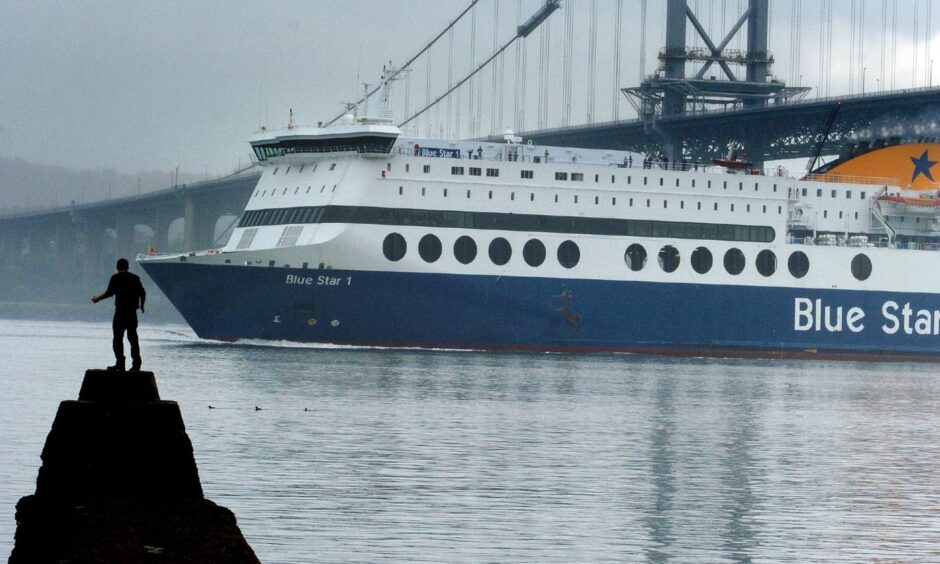
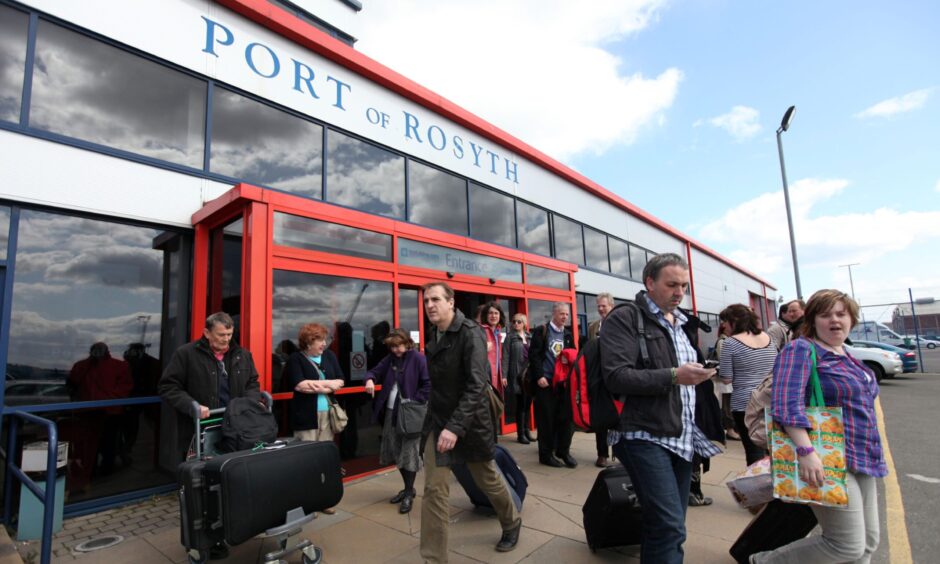
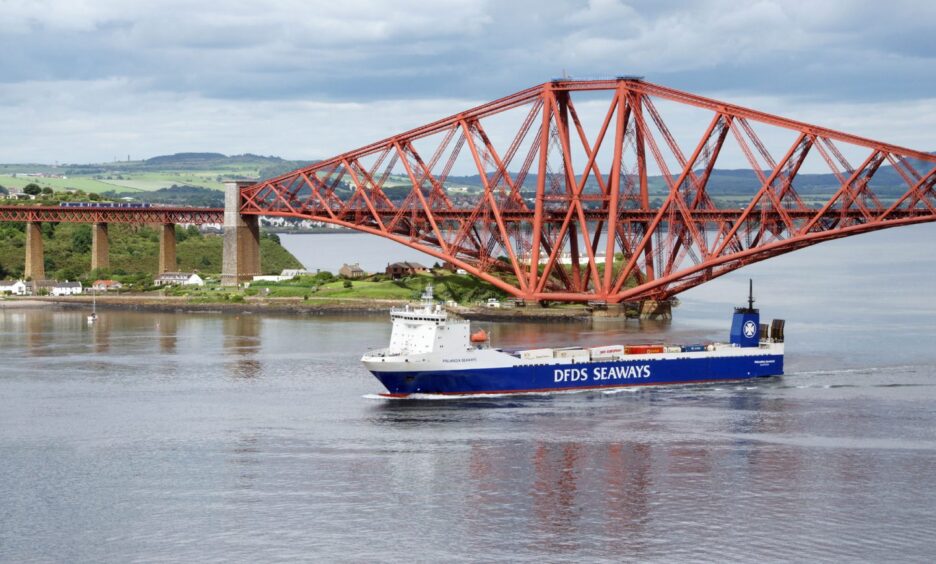

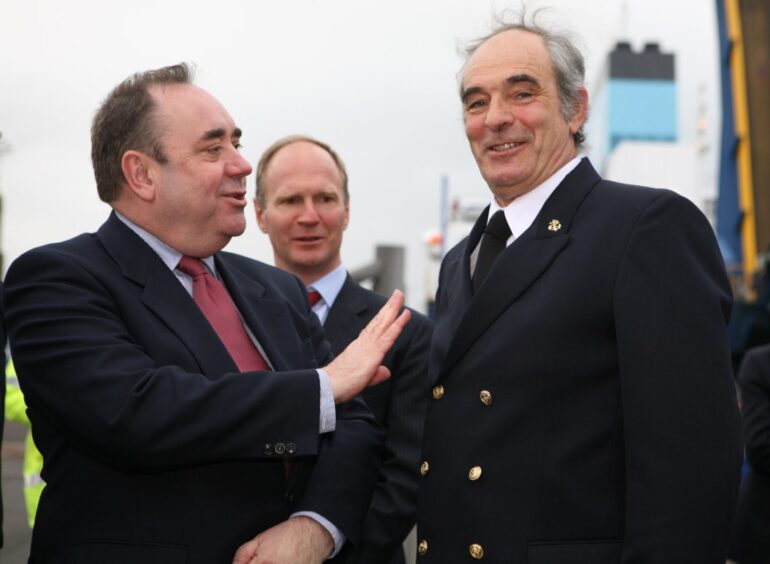
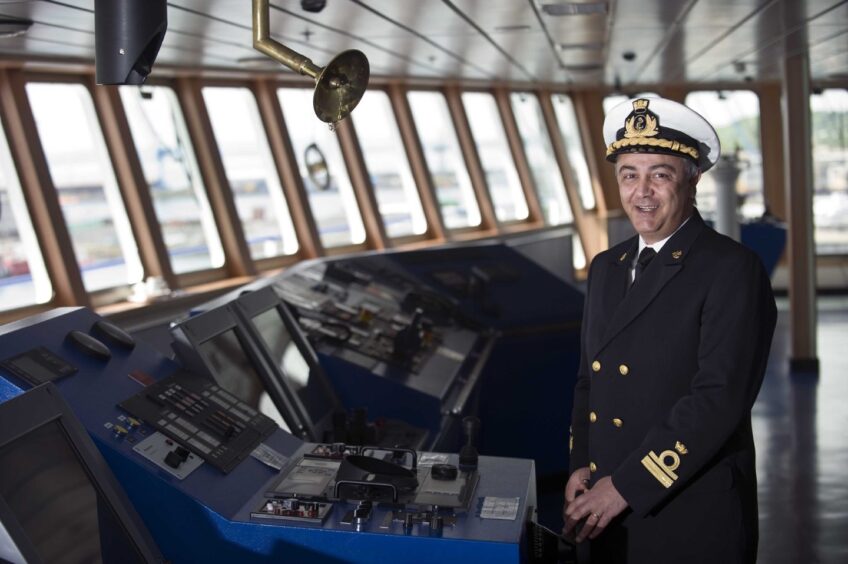






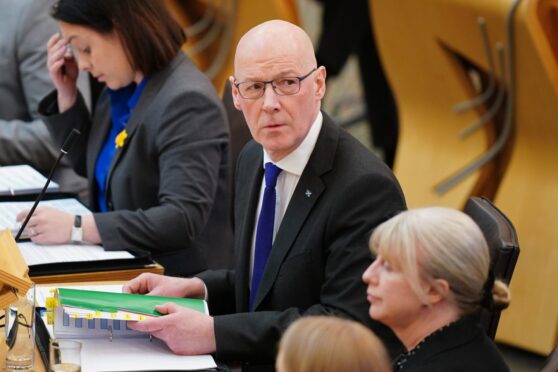



Conversation